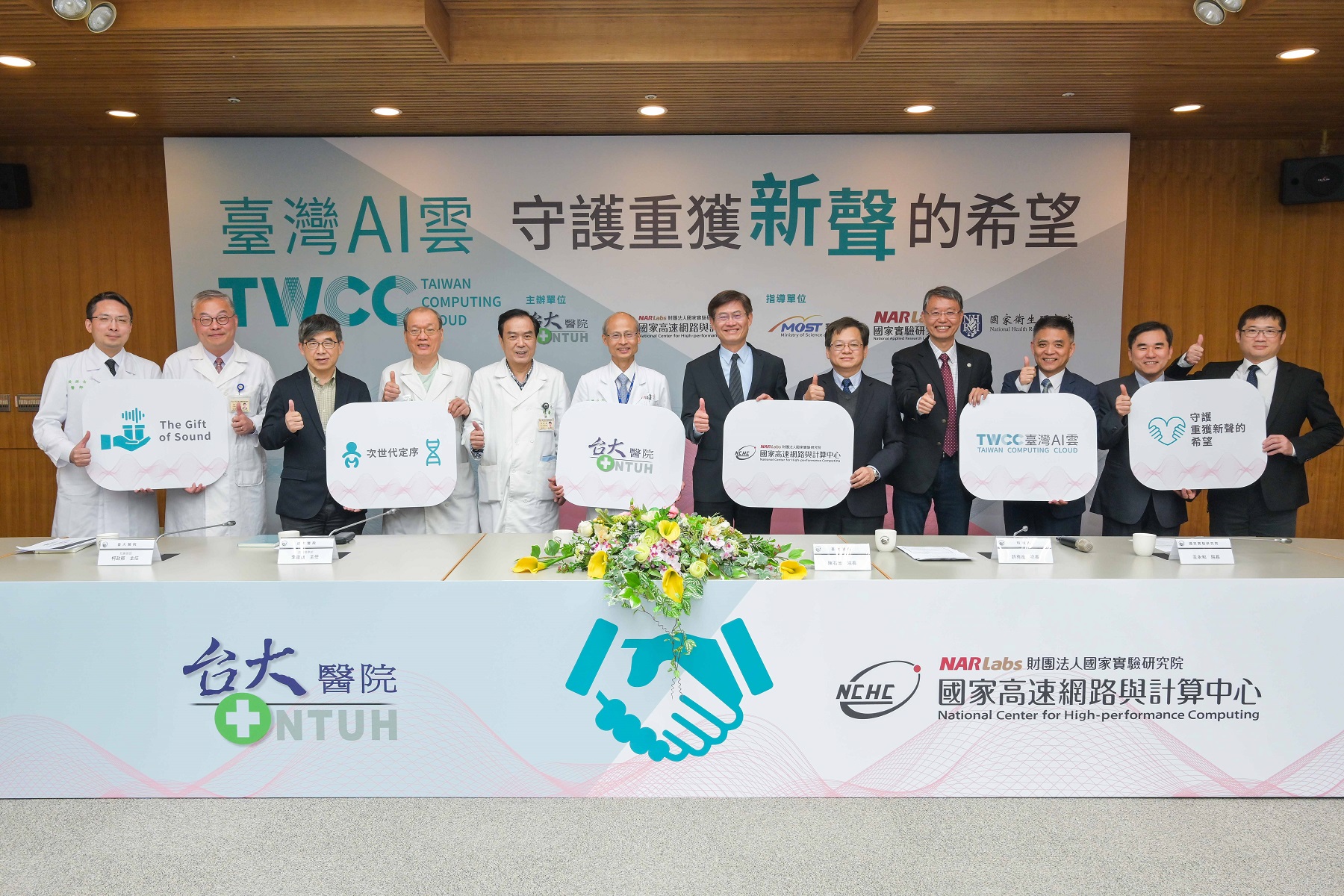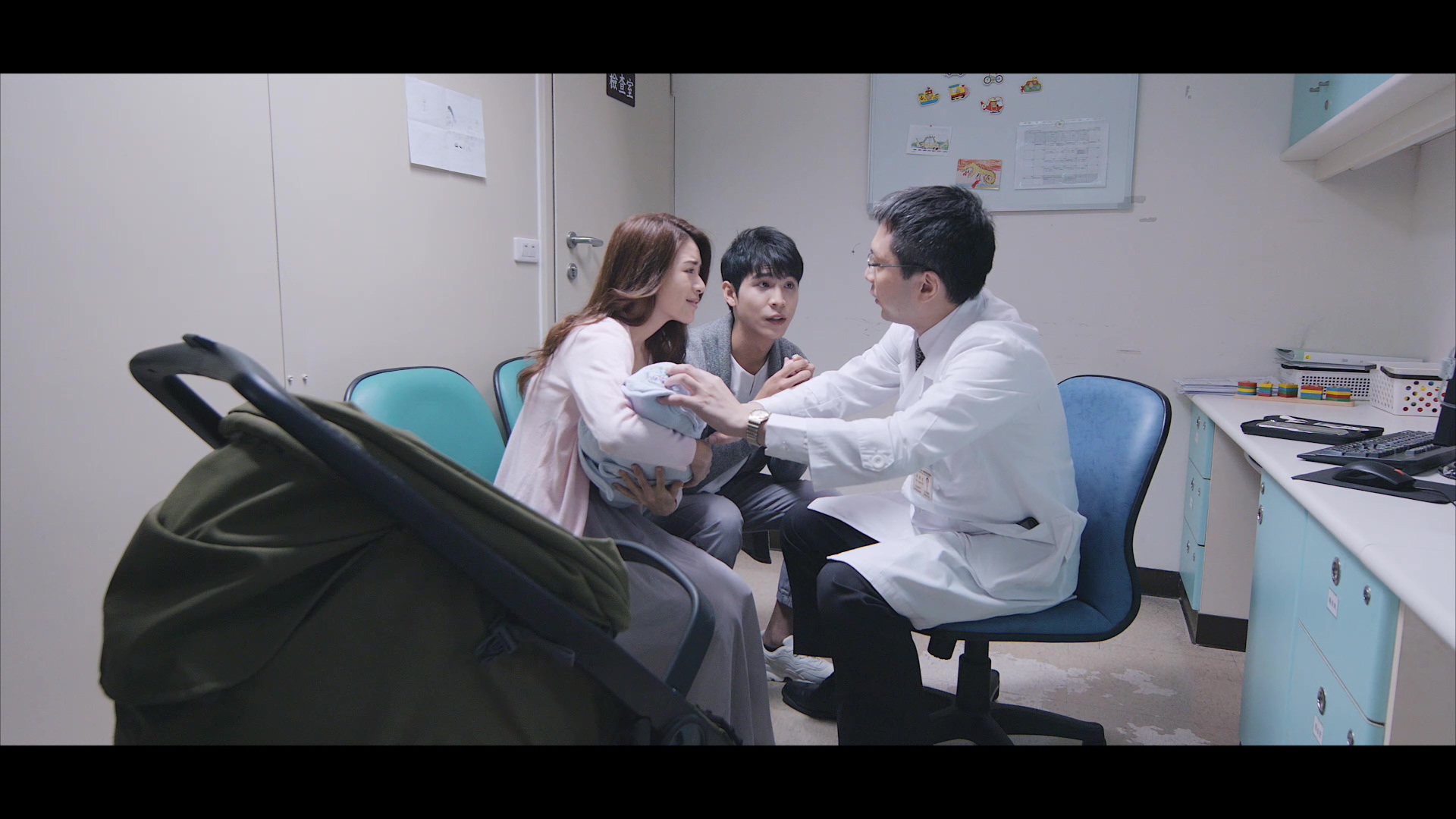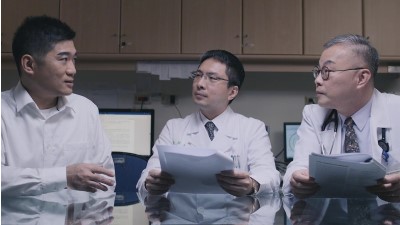NCHC and NTU Hospital Join Hands—TWCC Helps 1000 Hearing-Impaired Children Hear Again
National Taiwan University Hospital (NTUH) is promoting Next-Generation Sequencing (NGS) gene tests. With its medical expertise in Department of Medical Genetics and Department of Otolaryngology, the NTU Hospital has joined hands with the National Center for High-performance Computing (NCHC) of the NARLabs, the National Core Facility for Biopharmaceuticals of the Department of Life Sciences at the Ministry of Science and Technology, and the NGS gene analytics platform of the Flagship program of precision medicine for Asiapacific Biomedical Silicon Valley at the National Health Research Institutes. The collaboration has enabled the hospital to screen more than 20,000 genes in the human body to identify the most important genes that contribute to hearing loss. TWCC carried out the analysis and accelerations to help children suffering hearing impairment receive treatment in the golden window of treatment and help them hear again.

Attendees of the press conference for “NCHC and NTU Hospital Join Hands—TWCC Helps 1000 Hearing-Impaired Children Hear Again” pose for photos.
Hearing is vital to language, learning, and communication. Before new gene tests for hearing loss became available, the cause for congenital hearing impairment could not be identified for 70% of newborns. This often caused difficulties in clinical decisions and genetic counseling, and it also often caused children suffering from congenital hearing impairment to miss the golden window for treatment. According to statistics issued by the Health Promotion Administration at the Ministry of Health and Welfare, about 3‰ to 4‰ of babies are born with congenital hearing impairment, and more than 700 hearing-impaired children require further treatments.

(Scene from the video) The newborn baby suffering from hearing loss had recovered well from the cochlear implant surgery.
In their collaboration, the NCHC provides the NTU Hospital with a million hours of core computational resources on TWCC over a three-year period, and it offers the hospital a comprehensive service package that includes a DNA sequencing and data integration and storage. That is enough computational resource to provide diagnostic analyses for more than 1,000 children suffering from hearing impairment. The system speeds up the testing process four to six fold and helps physicians arrive at the best diagnosis and devise the best treatment. The accelerations through the supercomputer have thus been transformed to audible sounds for these children. This has given the desperate children and their family a ray of warmth and hope in the cold winter of their struggle with the disease.
The NGS gene analytics platform at the NCHC offers NGS gene analytics software and database matching services, complete with huge memory and equipment for parallel computing that are necessary to carry out analyses of biomedical big data. The platform is integrated with the high-speed parallel filing system needed to transmit and store the large files produced by DNA sequencing. It also provides off-site backups to store the vital data from DNA sequencing to satisfy the research and practical needs of the hospital.
Modern medical advances have made hearing aids—to amplify external sounds—available to patients suffering from mild or moderate hearing loss. Patients suffering from severe or extremely severe hearing loss due to damaged cochlea in their inner ears can be evaluated for Cochlear Implants (CIs), which use electrodes to transmit messages and directly stimulate the vestibulocochlear nerve to generate hearing. However, not all patients who are severely hearing-impaired that have received CI could have good results from their transplants. Careful assessments before surgery and rehabilitation afterwards are requisites for successful surgery. Using gene tests can help physicians evaluate and use the most suitable hearing aid to help hearing-impaired children receive appropriate treatments as early as possible, which in turn may help them lead happier lives.
 國家高速網路與計算中心
國家高速網路與計算中心
